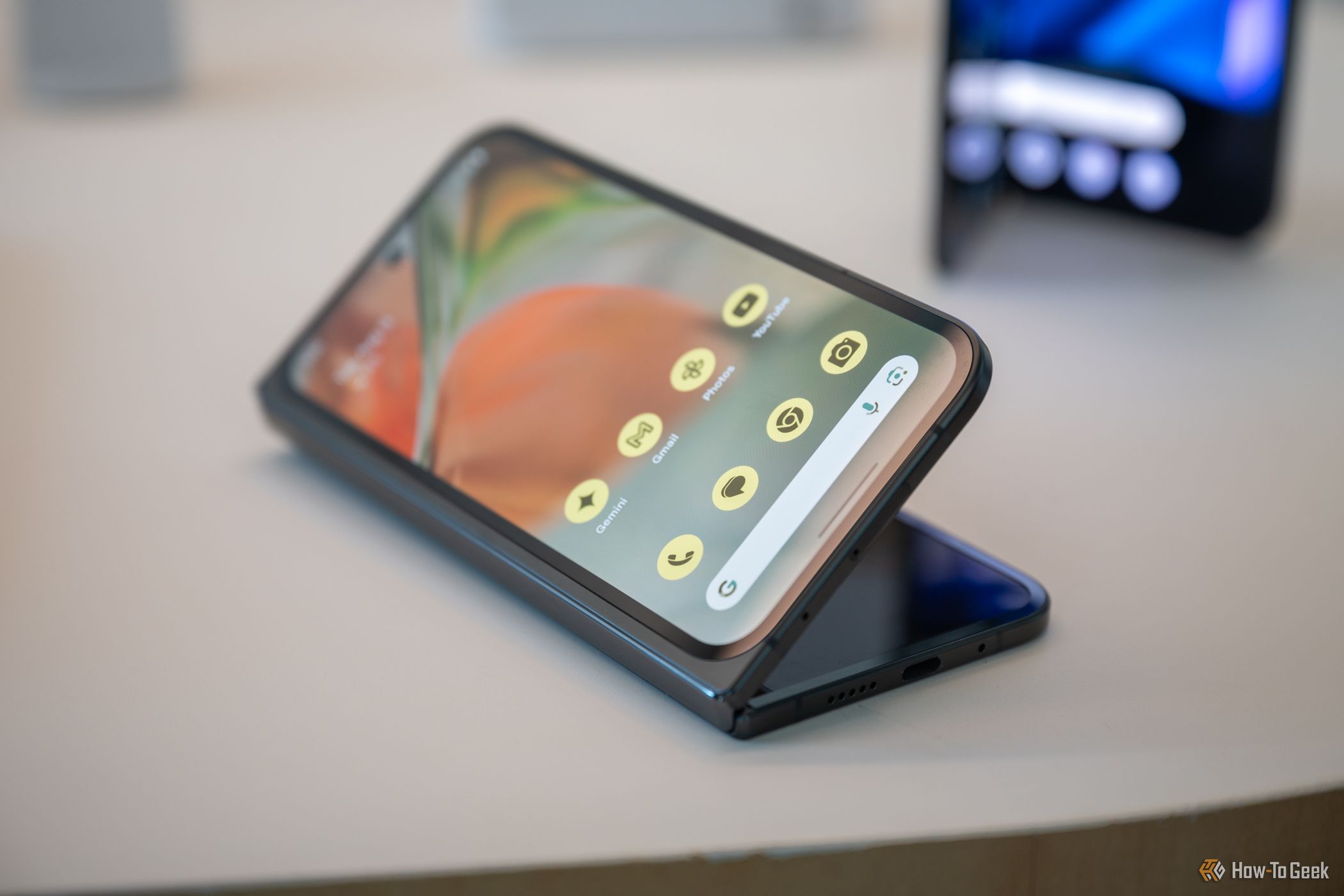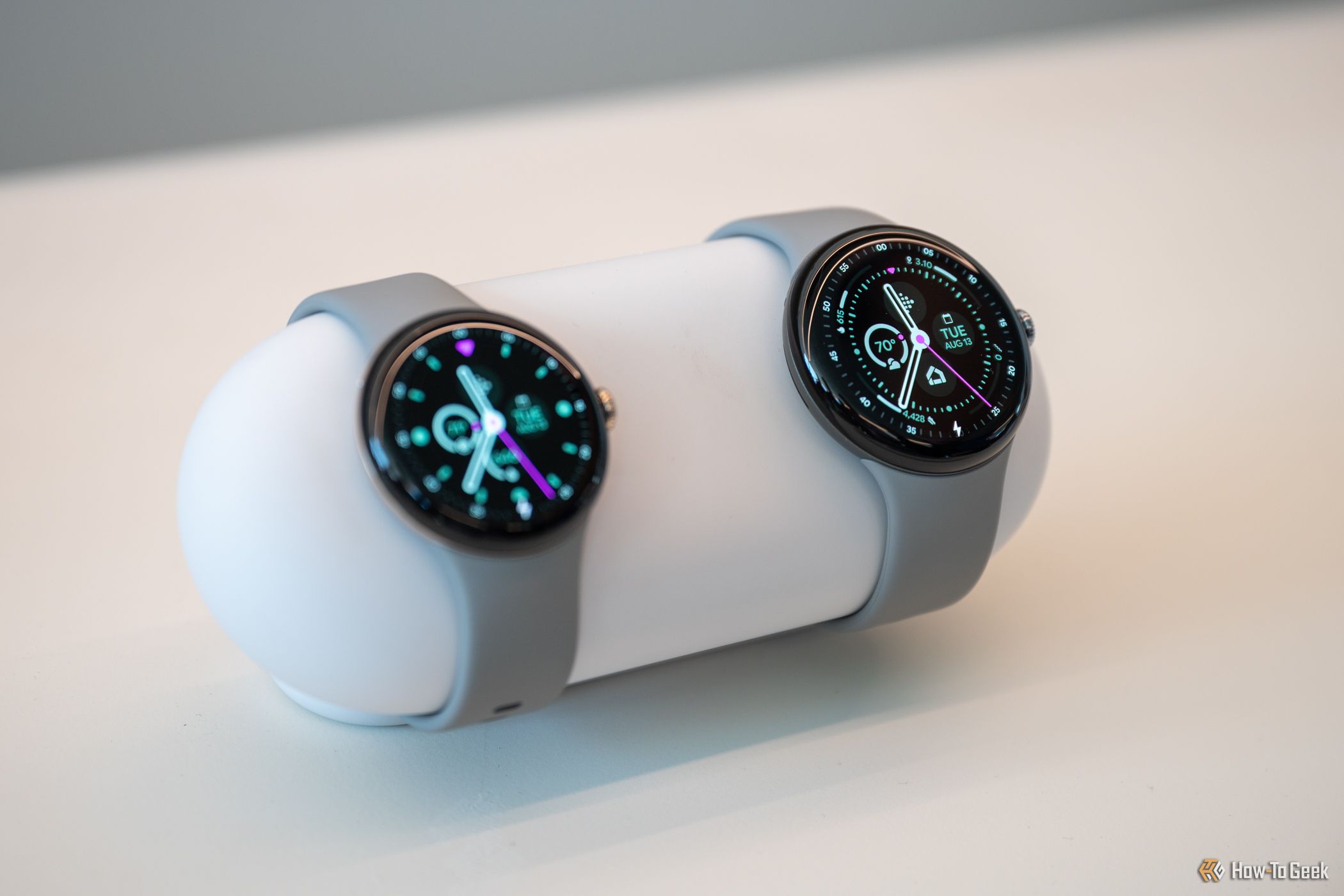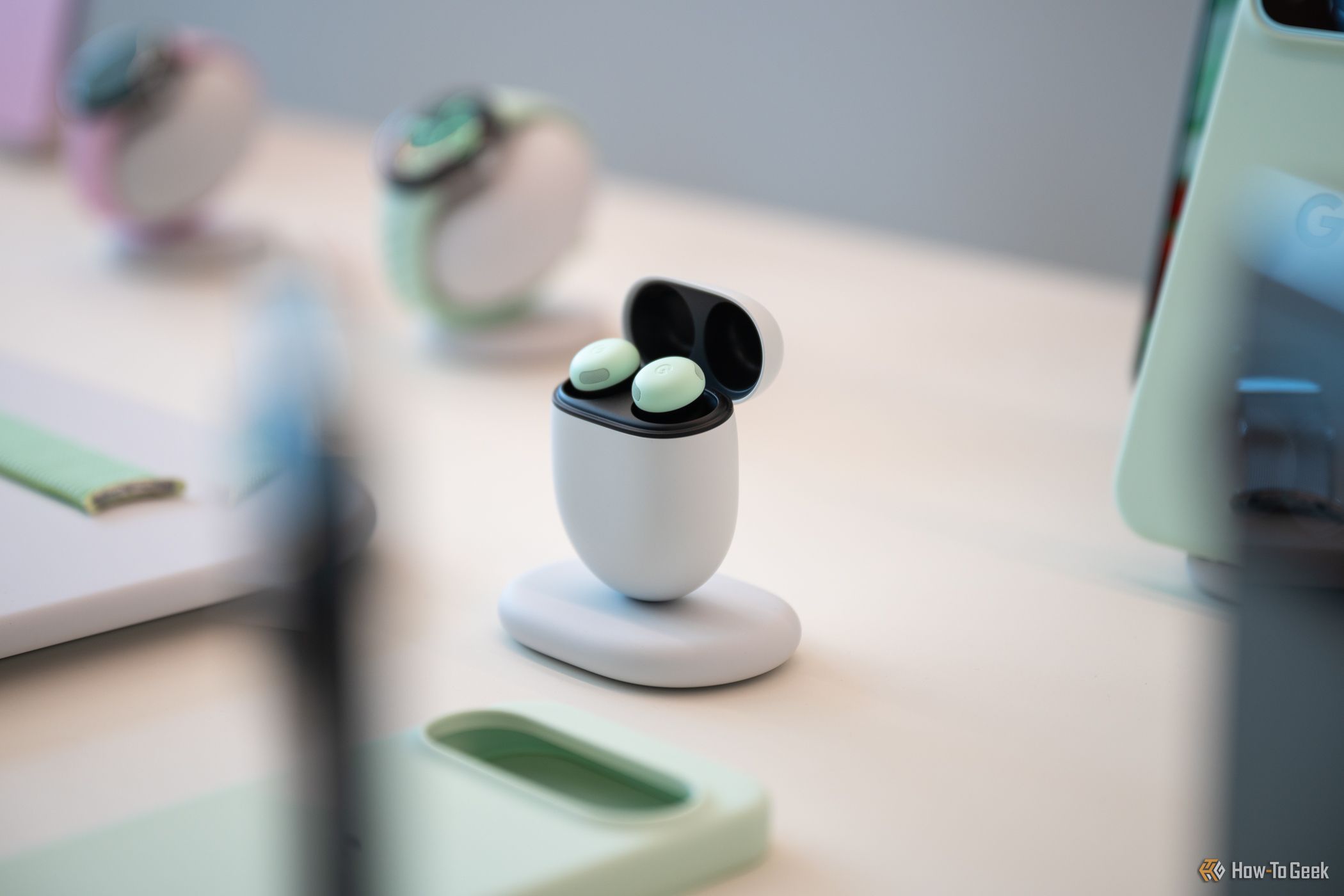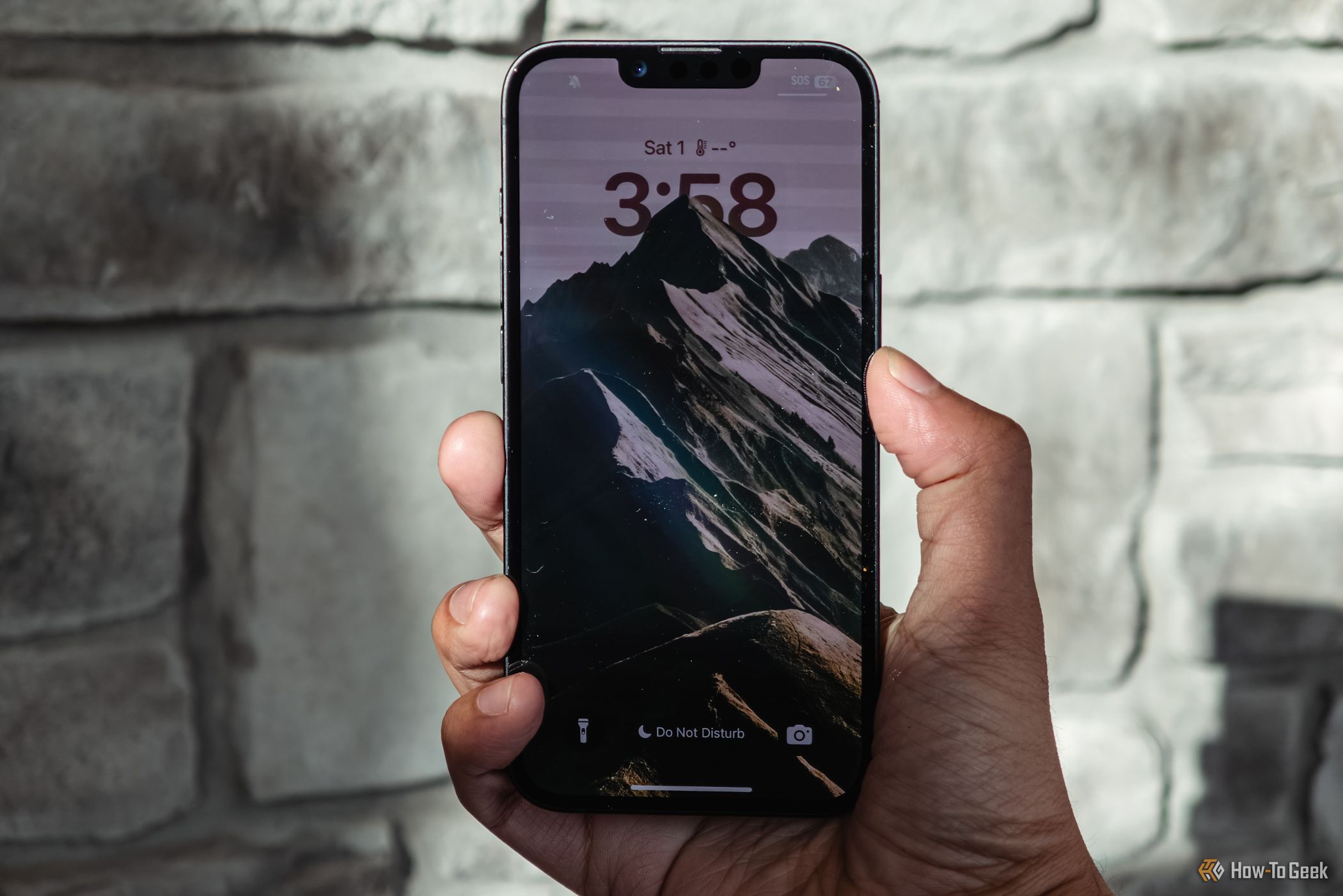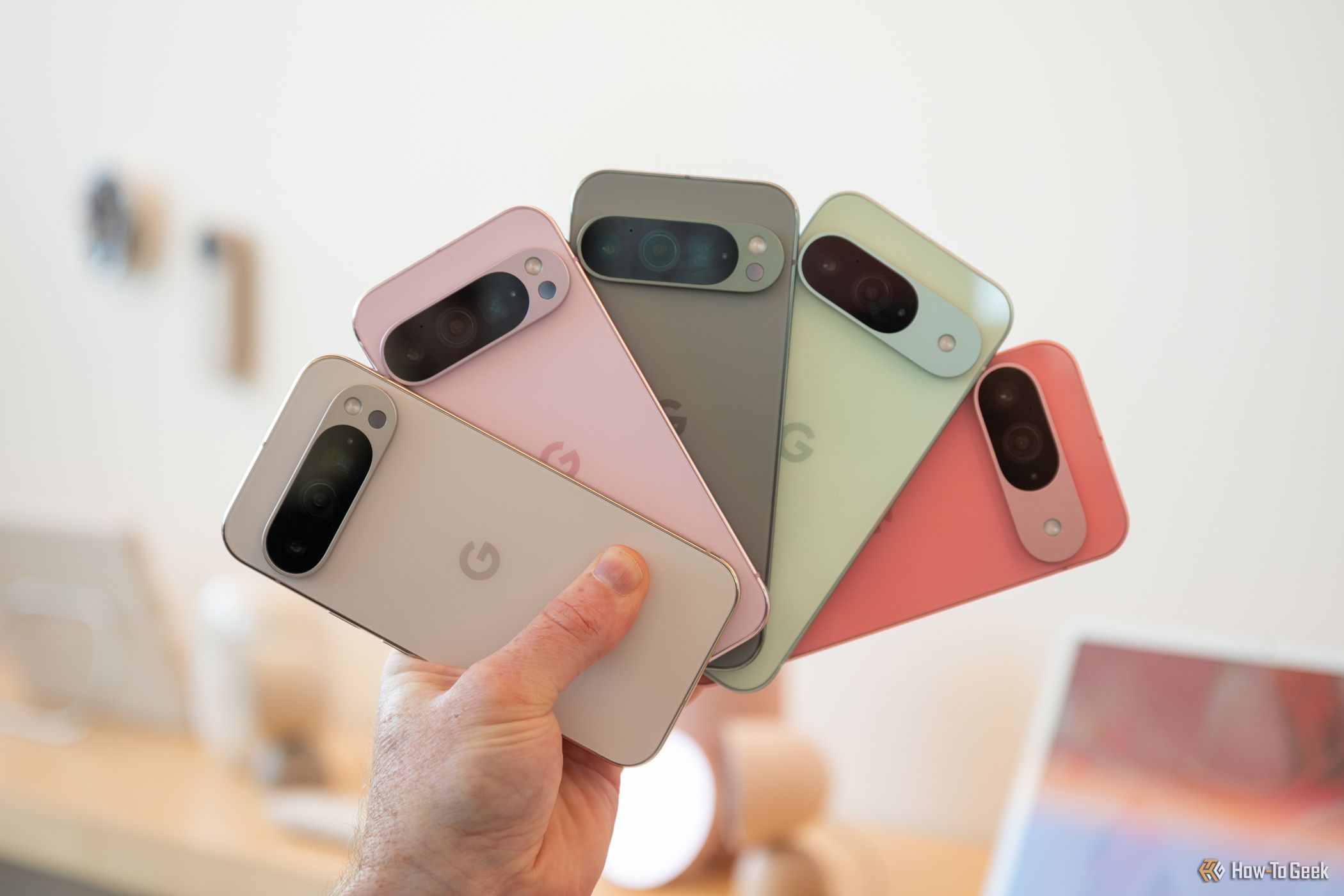
Instead of waiting for October, Google took to its Silicon Valley HQ to unveil its latest generation of products at today’s Made By Google event. Instead of relying on AI and software features to be the star of the show, Google made serious improvements to its Pixel 9 lineup, with much-needed upgrades to the Watch 3 and Buds Pro 3.
I got an early hands-on with everything announced, so here are my first impressions.
Google Pixel 9: Polished and Premium
The camera bar on the back of Pixel smartphones (since the Pixel 6) is incredibly distinctive and sets Google’s phone apart from the Samsungs and iPhones of the world. This year, the company is refining that design. Instead of the camera bump spanning the entire width of the handset, the bar is an island protruding from the back.
Like the metal frame, the edges of the camera bump are flat and solid. This premium-feeling design is bold and something we’ve seen on the iPhone 15 Pro and Samsung Galaxy Z Fold 6. Combined with the slight heft of the phone, the Pixel 9 series actually feels like a flagship-level smartphone.
This year, there are three Pixel 9 models: the Pixel 9, Pixel 9 Pro, and Pixel 9 Pro XL. The Pixel 9 and 9 Pro have 6.3-inch displays (though the Pro includes a higher resolution) and 4,070mAh batteries, while the XL has a 6.8-inch screen and a 5,060mAh battery. The two Pro models are identical in almost every way, with the only differences being a larger screen and battery on the XL variant. Under the hood, all three devices are powered by the new Tensor G4 SoC, start with 128GB of non-expandable storage, and are IP68 dust and water-resistant.
Upgrading to one of the Pro phones gets you 16GB of RAM (up from 12GB), a brighter display, and a 1-120Hz variable refresh rate. Unfortunately, none of these devices include Qi2 wireless charging.
Most of the cameras are shared across the entire Pixel 9 family. Around back, all three feature a 50MP wide camera and a 48MP ultrawide. The Pros also include a 48MP telephoto. The selfie shooter on the standard Pixel 9 does get a significantly different 10.5MP sensor versus the 42MP camera on the Pros. Additionally, you’ll have to spend a bit more money for the Pro model if you want “Pro” (manual) camera controls and AI video boost.
I will note that these phones are extremely slippery. The standard Pixel 9 has a satin frame and polished back glass, while the Pro phones have a polished frame and soft-touch, matte glass. I’m not a huge proponent of sticking phones in cases, but you might want to consider picking one up so your phone doesn’t slip out of your hand and onto the floor.
It wouldn’t be a Google event if the company didn’t announce a bunch of new Gemini features and apps incorporating the large language model. To list only a few, we now have new Pixel Weather and Pixel Screenshots apps, which summarize the weather and help you group and find information in your stack of screenshots. There’s also Gemini Live, which lets you talk to the assistant and get conversation-like responses; the Pixel Studio app, where you can generate images; Reimagine in Magic Editor, so you can swap out backgrounds in your photos and add items; Add Me, which can be used to add additional people to photos; Call Notes, allowing Gemini to summarize your phone conversations; and more.
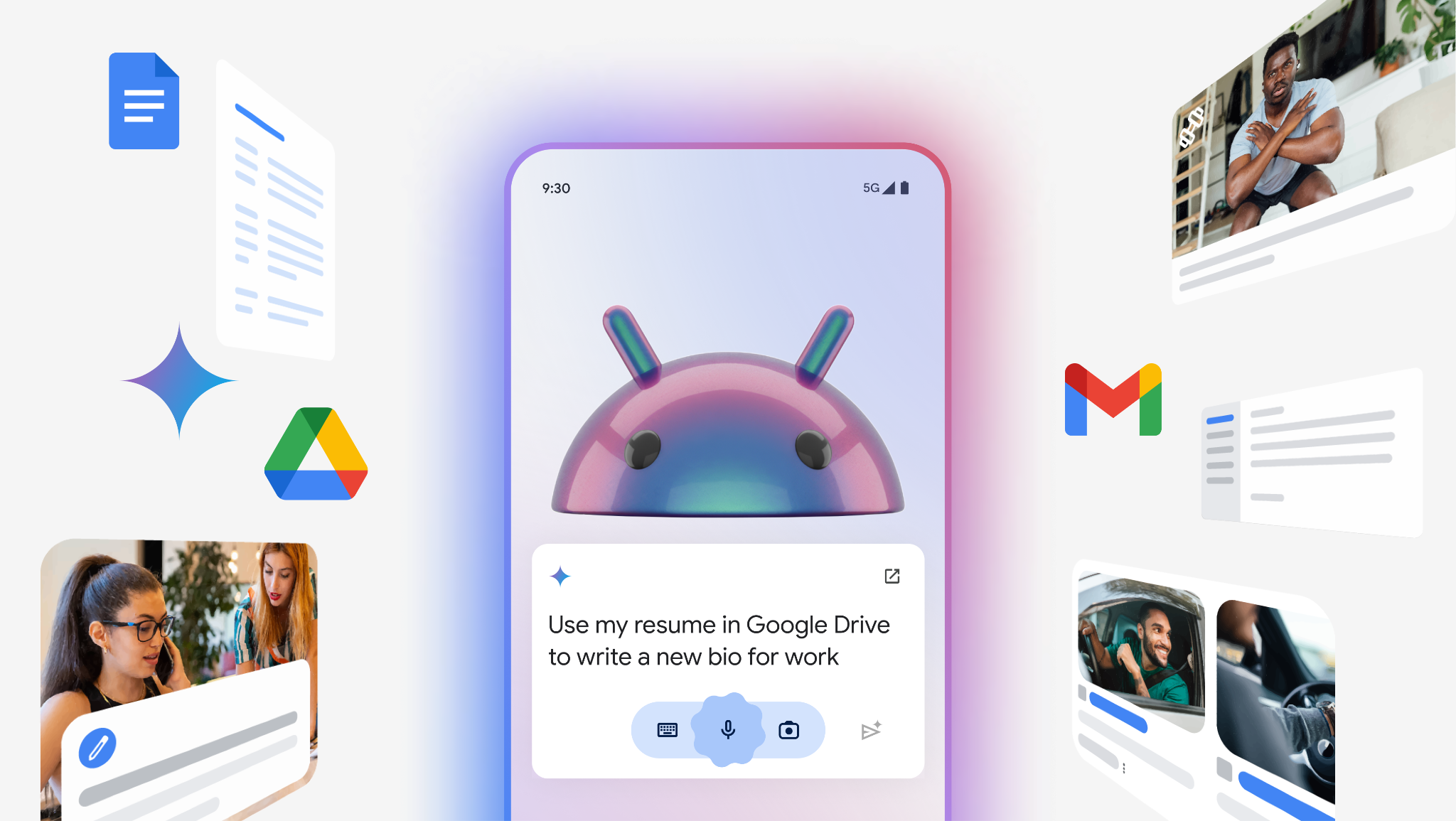
Related
Gemini on Android Gets Live Chat and Overlay Assistant Updates
The Gemini app can now interact with other Android apps.
I only had a few minutes to play with these AI features, so I won’t confidently say how great any of these work or if they’re more than gimmicks. But I will note that everything appeared to work as expected, and I’m excited to see if I will find use for them during my testing of these phones.
All three phones can be pre-ordered starting today and will begin shipping on August 22, 2024. The Pixel 9, available in Peony, Wintergreen, Porcelain, and Obsidian, starts at $799, while the Pixel 9 Pro and 9 Pro XL will set you back $999 and $1,099, respectively. These models can be purchased in Porcelain, Rose Quartz, Hazel, or Obsidian.
-
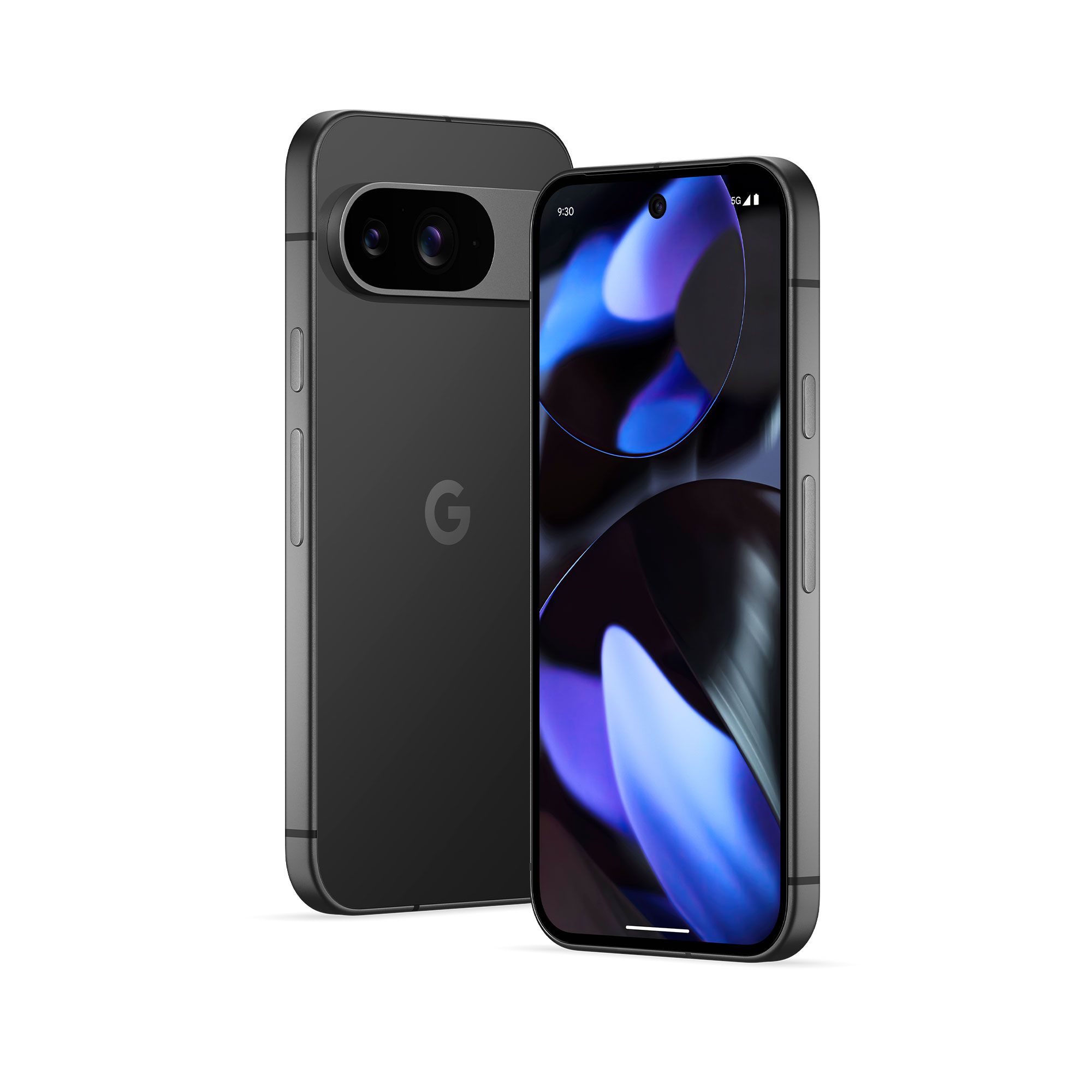
Google Pixel 9
The Google Pixel 9 features a sleek design with a powerful Tensor G4 processor, 12 GB of RAM, and a vibrant 6.3-inch Actua display, making it ideal for capturing stunning photos and videos with its advanced 50 MP main lens and 48 MP ultrawide camera. With improved durability and a fast-charging all-day battery, the Pixel 9 is built to handle daily challenges while delivering top-notch performance and AI-driven capabilities.
-
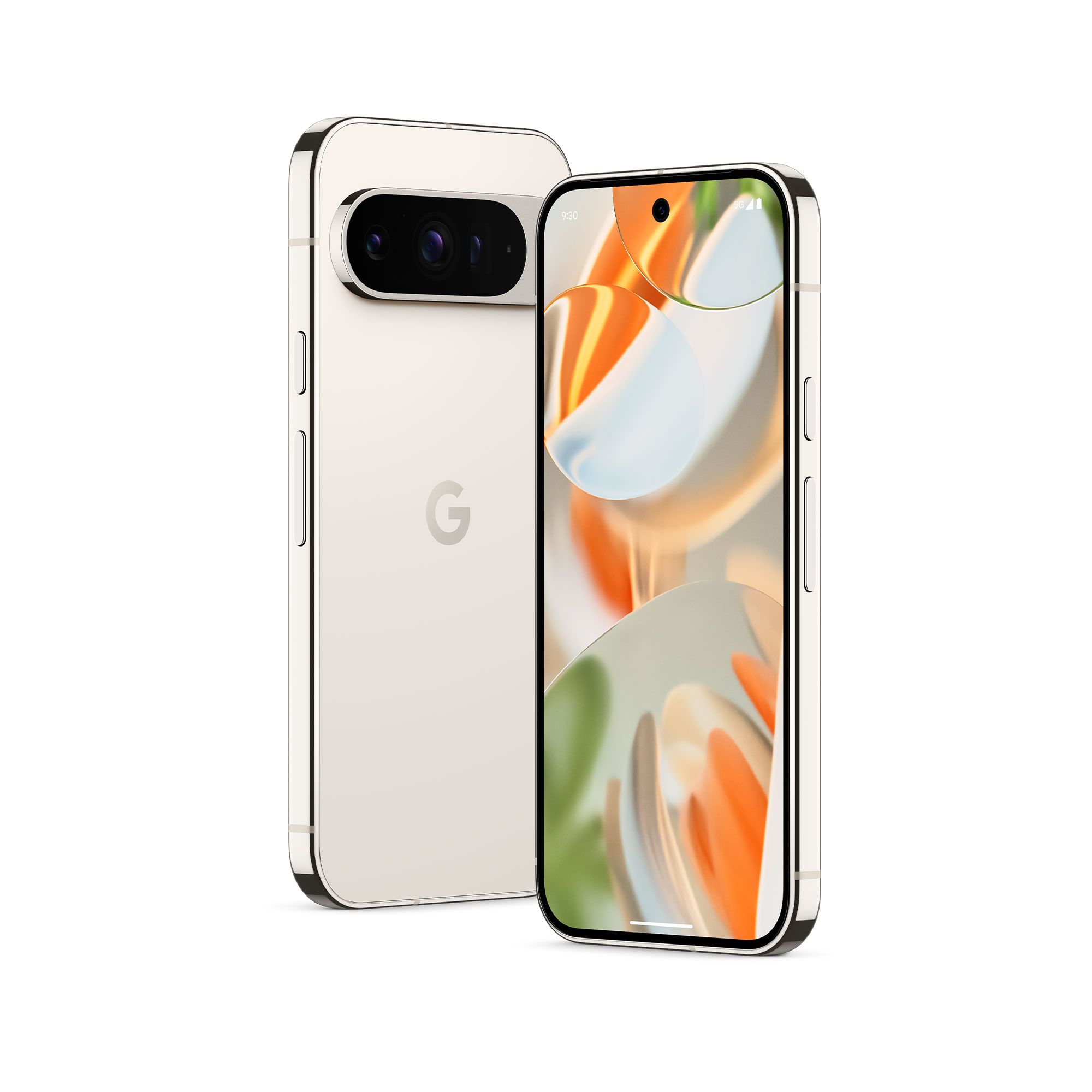
Google Pixel 9 Pro
The Google Pixel 9 Pro features a sophisticated design, a powerful Tensor G4 processor, and 16 GB of RAM, making it ideal for advanced AI applications, stunning photos, and videos. It includes a pro triple rear camera system, a 42 MP front camera, and the brightest Super Actua display, offering an immersive experience in two sizes. Pricing starts at $999.
-
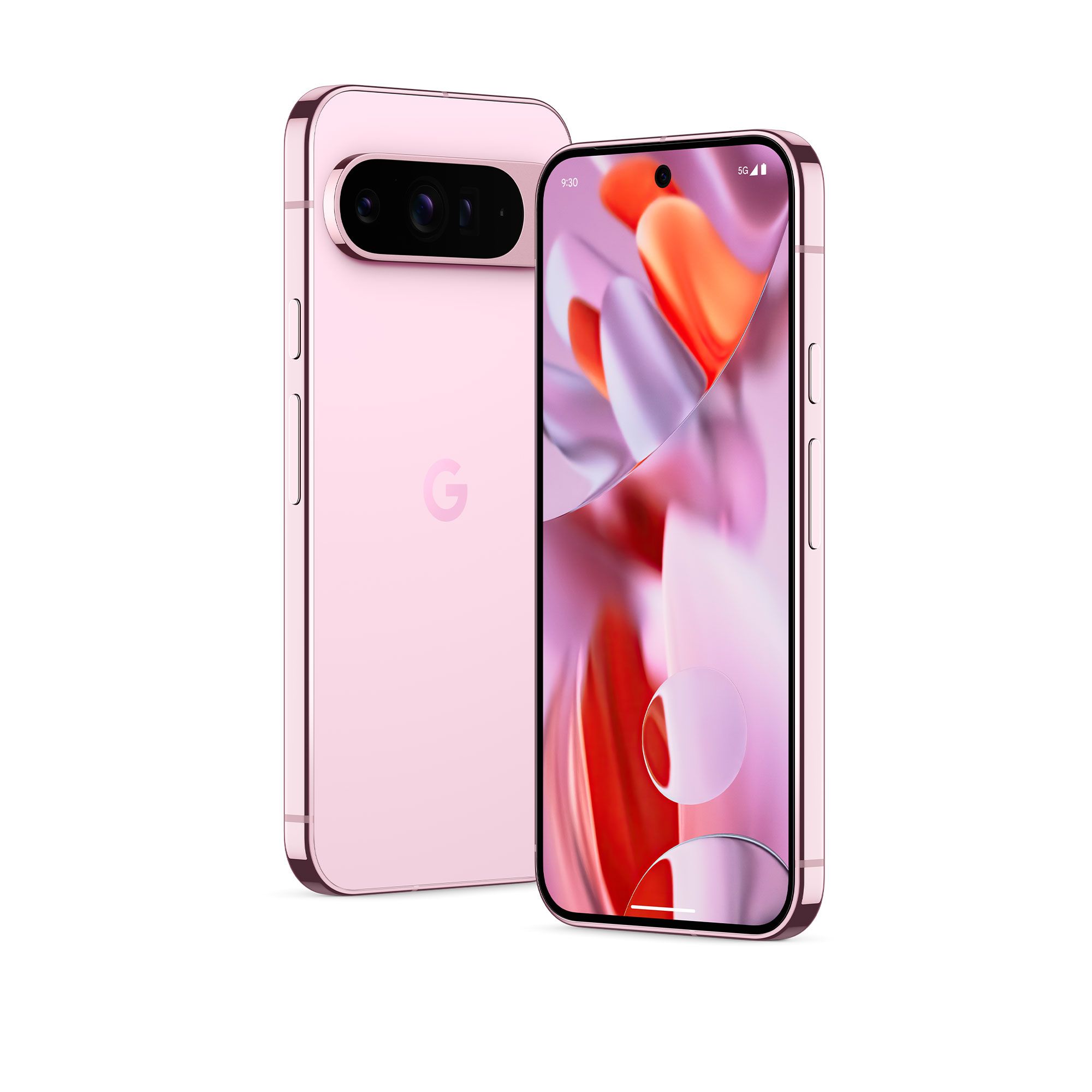
Google Pixel 9 Pro XL
The Google Pixel 9 Pro XL offers an expansive 6.8-inch Super Actua display, combined with the powerful Tensor G4 processor and 16 GB of RAM for top-tier AI performance and advanced photography. It features Google’s most advanced camera system, including a pro triple rear camera and a 42 MP front camera, all within a sleek design starting at $1,099.
Google Pixel 9 Pro Fold: Night and Day Improvements
Google released its first foldable, the Pixel Fold, between processor cycles and just before the launch of the Samsung Galaxy Z Fold 5. The phone had a popular aspect ratio, feeling more like a phone when closed while retaining a huge 7.6-inch tablet-like inside display. However, the SoC ran hot and throttled performance, the hinge felt very first-generation, and the phone was thick and heavy compared to the competition.
Thankfully, Google has vastly improved the Pixel 9 Pro Fold (don’t ask me why they changed the naming scheme). The new foldable includes a 6.3-inch cover display (the same one found on the Pixel 9), making it feel like a slab-style phone while closed (and when placed in a pocket). It is also only 0.4 inches thick when folded, making it only slightly thicker than other flagship smartphones.
What’s even more fantastic is that the squared-off edges and the improved, snappy hinge are huge improvements. The phone feels premium without weighing a ton, and the inside screen actually unfolds flat. The aspect ratio changed slightly, going from 17.4:9 to 20:9, but the 8-inch foldable display felt great for multi-tasking, reading articles, and watching videos.
There are two things to note about the redesign. First, the camera bump doesn’t distinctively look like the rest of the Pixel 9 lineup. It’s more of a square island stuck to one side instead of a bar that spans the back of the phone. It’s not my favorite, especially since the phone will likely rock when placed down on a table.
The second is that there’s still a crease down the center of the inside display. Like other foldables, this is pretty noticeable when off-axis but appears to hide well in use. Long-term testing is needed to see if the crease ends up looking bad.
The Google Pixel 9 Pro Fold is available in Porcelain and Obsidian colors and can be pre-ordered starting today for $1,799. Devices should begin shipping on September 4, 2024.
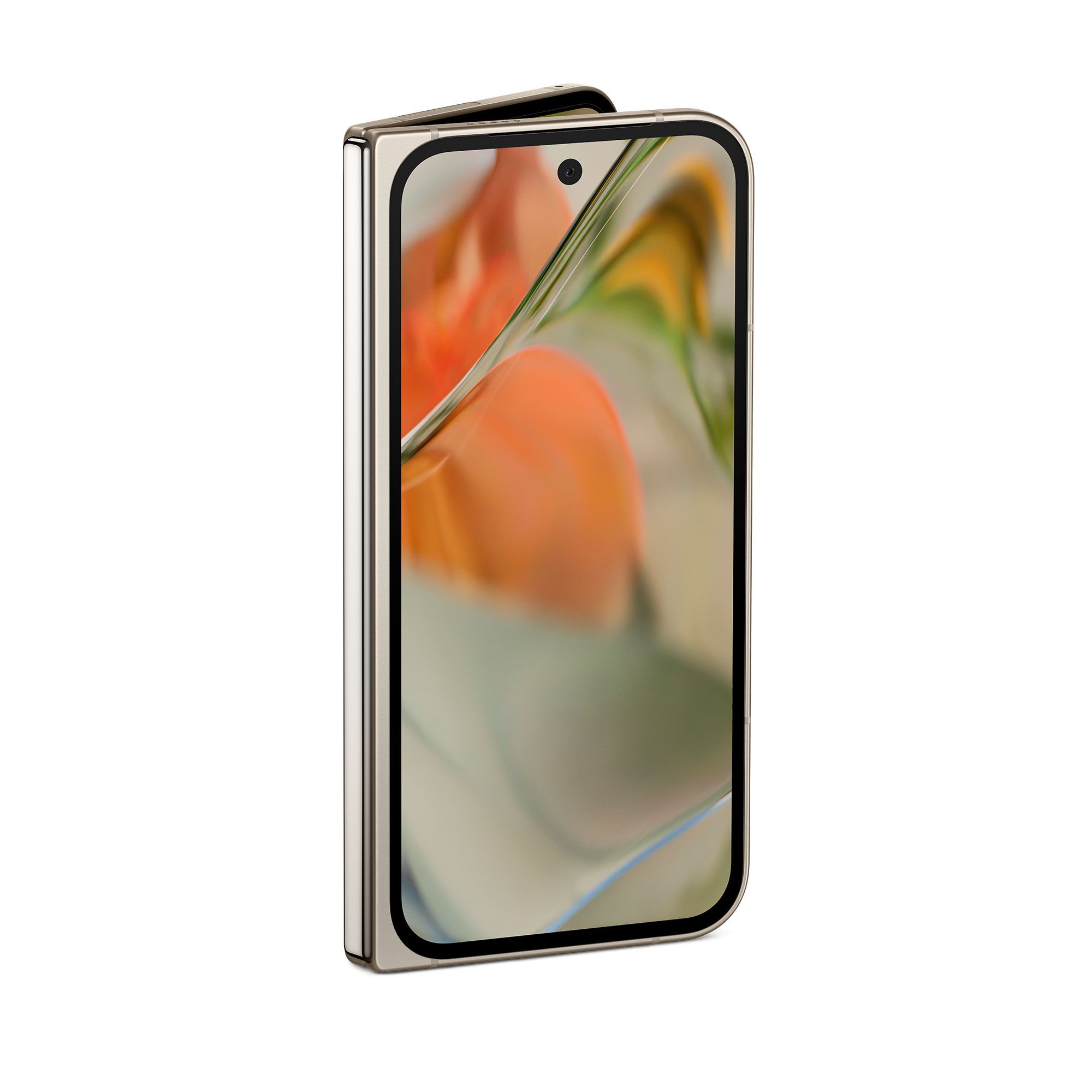
Google Pixel 9 Pro Fold
The Google Pixel 9 Pro Fold is a cutting-edge foldable smartphone featuring an 8-inch Super Actua Flex inner display that supports multitasking and immersive entertainment. It is powered by the Tensor G4 processor, offers 16 GB of RAM, and comes with advanced AI capabilities, making it a powerful and efficient device for creativity and productivity.
Google Pixel Watch 3: There’s Finally a Larger Size
The Pixel Watch’s greatest weakness was that it only came in one size: 41mm. Although watchbands were available for all wrist sizes, the smaller display looked laughably minuscule on wrists like mine that comfortably fit an Apple Watch Ultra. This year, with the launch of the Pixel Watch 3, Google is giving us 41mm and 45mm options to choose from.
With the launch of the second size, Google kept the same overall design but decreased the bezel by 16%. The company also included a custom AMOLED LTPO display that reaches 2,000 nits of peak brightness. Even in the 45mm size, the Watch 3 felt familiar on my wrist, meaning it felt comfortable, and the screen was easy to navigate.
Google is using a new dual-chip architecture that should improve performance without sacrificing battery life. That said, the Pixel Watch 3 is only rated for 24 hours with the always-on display turned on, but you should be able to get 36 hours with battery saver mode enabled.
The health sensors on the Pixel Watch 3 don’t appear to have changed, but Google is improving its software experience. AI (reserved for Fitbit Premium subscribers) will help you improve your routines by automatically providing customized running exercises and data.
But don’t worry if you don’t want another $10/month subscription; Google is removing most of the wearable’s metrics from behind the Fitbit Premium paywall. You can manually create similar routines, plus you’ll get improved heart rate tracking while running. A readiness score that summarizes your sleep, resting heart rate, and heart rate variability will help tell you when to rest and when to push yourself.
Google also teased an upcoming Loss of Pulse Detection feature that can automatically contact emergency services if the watch detects that your heart has stopped beating. This feature’s rollout is slated for September in several European countries. Presumably, it will come to the U.S. once Google has FDA approval.
The Google Pixel Watch 3 costs $349.99 for the 41mm Bluetooth model and $399.99 for the 45mm. The price goes up $100 for both if you choose to buy the 4G LTE option. There are also several color differences. The 41mm is available in Polished Silver, Champagne Gold, and Matte Black. The 45mm comes in Polished Silver, Matte Black, and Matte Hazel. Pre-orders should ship by September 10, 2024.
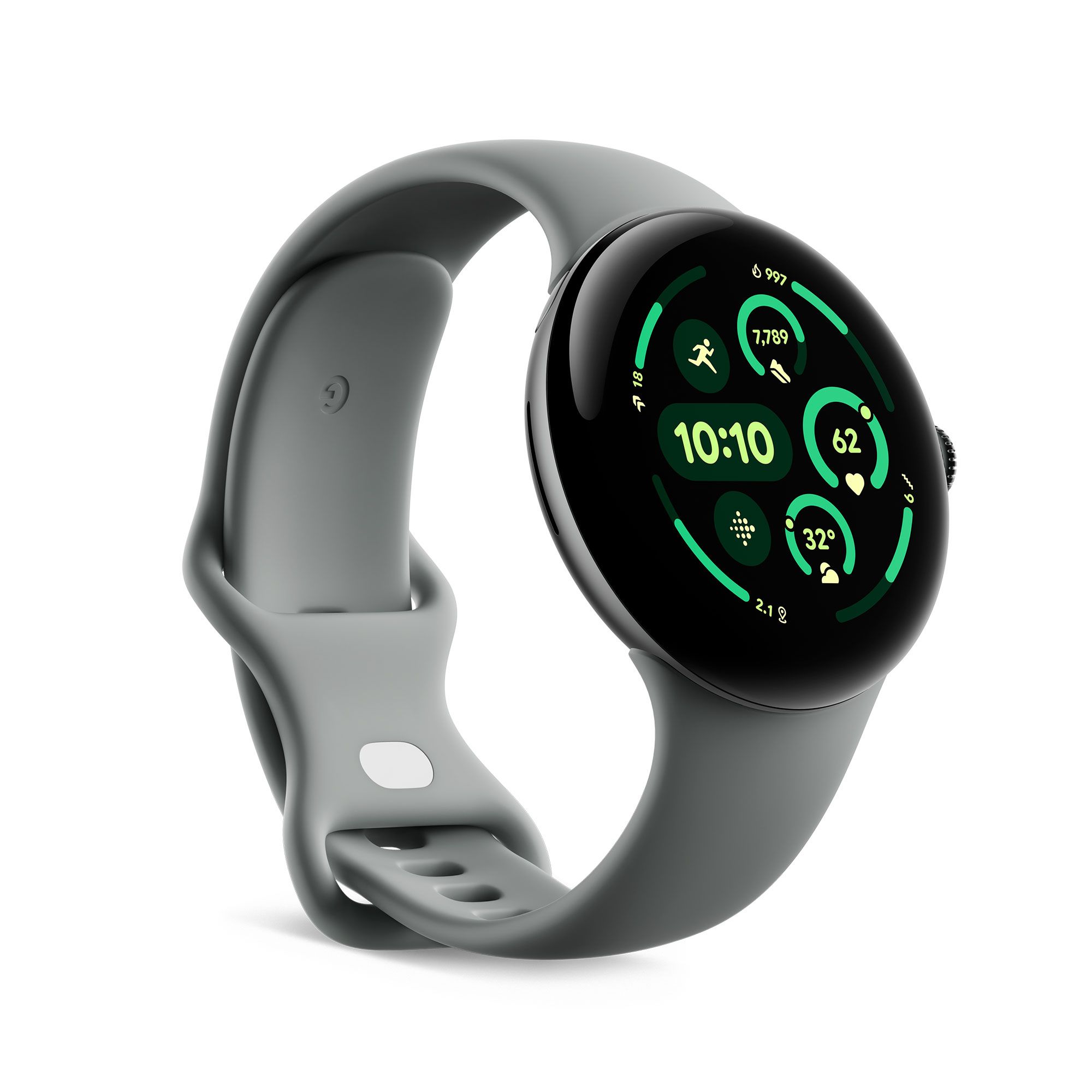
Google Pixel Watch 3
The Google Pixel Watch 3 is a performance-focused smartwatch featuring a larger, brighter Actua display available in two sizes, designed to enhance fitness tracking and daily productivity. It offers advanced running capabilities, readiness and cardio load tracking, and deep integration with Google’s ecosystem, all while delivering up to 36 hours of battery life with Battery Saver mode.
Google Pixel Buds Pro 2: Improved Design and Sound?
Google’s first-generation “pro” earbuds were released in 2022 and offered excellent sound quality. Unfortunately, they didn’t really stand out in a world where AirPods and Galaxy earbuds exist.
Enter the Pixel Buds Pro 2. At first glance—especially just looking at the earbuds in their charging case—it’s basically impossible to distinguish these from their predecessors. But take them out, and you’ll find a smaller build and wingtips. These rubber pieces are supposed to help secure the earbuds in place while exercising, but if you’re looking for a more relaxed feel, you can twist the buds up slightly so there isn’t such a tight fit.
The Pixel Buds Pro 2 are the first to launch with a custom Tensor processor from Google. The A1 allows these to be mini Gemini AI earbuds. When paired to a newer Pixel smartphone or tablet, you can activate Gemini Live and converse with your assistant. There’s also AI-powered Conversation Detection, which enables Transparency mode when you start talking and then switches back to ANC when you’re done.
Other features Google promises include 8 hours of battery life with ANC enabled, 30 hours in combination with the battery case, and two times better ANC with Silent Seal 2.0.
I didn’t get a chance to wear and test the Pixel Buds Pro 2, so I’ll have to hold off on critiquing their fit and audio quality. Be sure to check back for How-To Geek’s full review.
The Google Pixel Buds Pro 2 cost $229 and begin shipping on September 26, 2024. They’re available in Porcelain, Hazel, Wintergreen, and Peony.
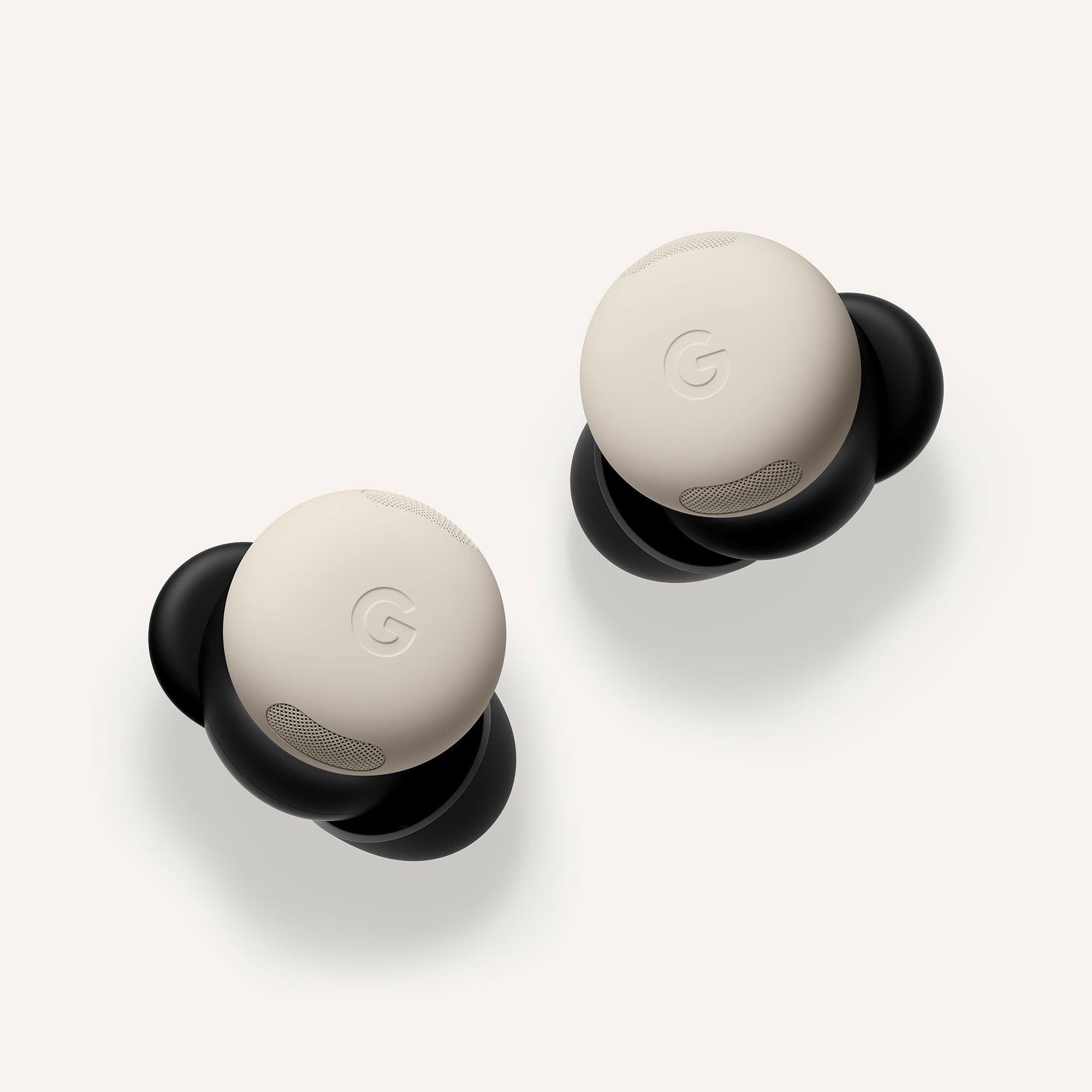
Google Pixel Buds Pro 2
The Google Pixel Buds Pro 2 are designed for maximum comfort and a secure fit, featuring the new Tensor A1 chip for advanced audio processing and enhanced battery life. They offer Silent Seal 2.0 for superior noise cancelation, improved Clear Calling, and seamless integration with other Pixel devices, making them the best earbuds for Pixel users.
Source link


